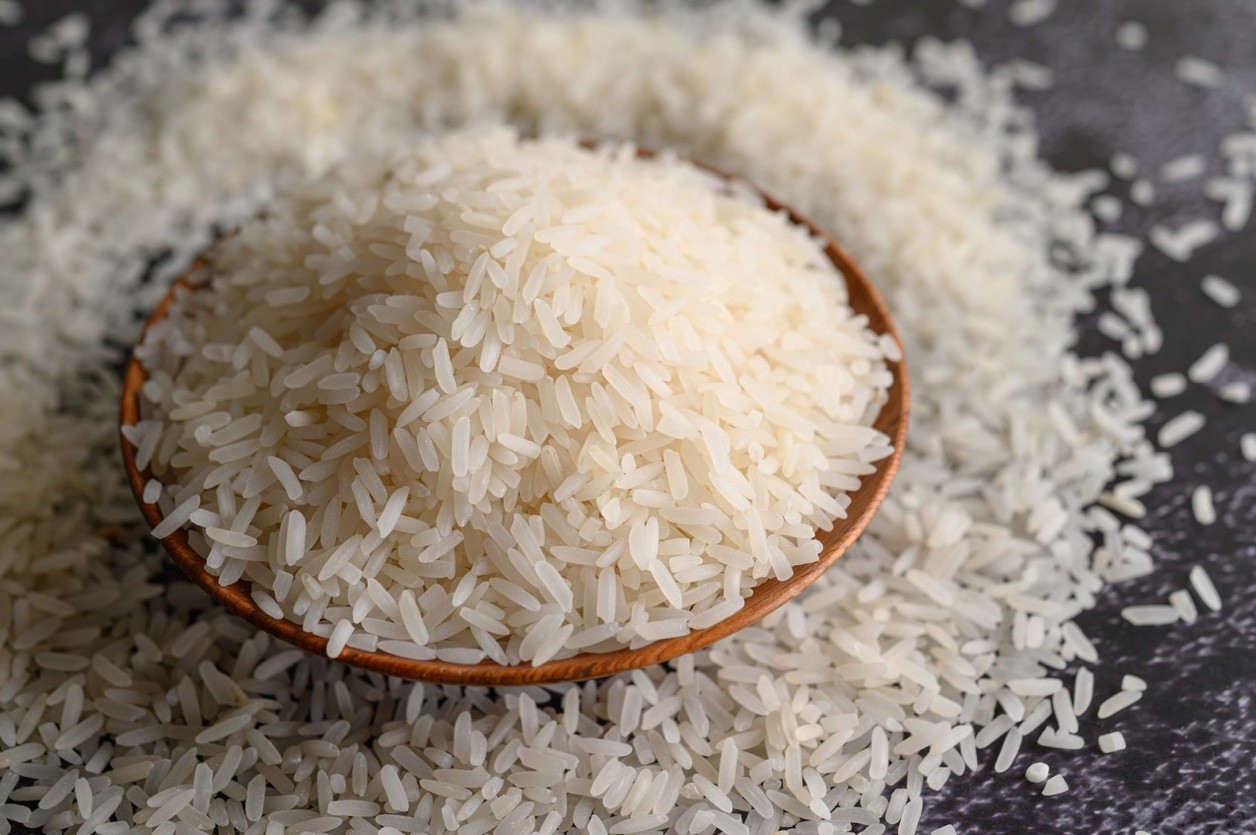 |
| Vietnamese rice affirms its quality and value |
This year's world competition features the participation of 30 rice samples from more than ten countries, of which Vietnam has six types of rice from three businesses, including Loc Troi 28 and Nang Hoa 9 rice of Loc Troi Group Joint Stock Company; TBR39-1 rice and A Sao sticky rice of ThaiBinh Seed Group Joint Stock Company; ST 24, ST 25 rice of Ho Quang-Ho Quang Tri enterprise.
Previously, in 2019, ST 25 rice also won the best rice award at this competition.
The above results have contributed to honouring the current value of Vietnamese rice, being an affirmation of the quality, potential and development capacity of Vietnamese rice in the coming time.
Data from the Ministry of Agriculture and Rural Development shows that in the first 11 months of 2023, Vietnam's rice exports reached a record of 4.41 billion USD, an increase of 36.3% over the same period in 2022. The rice prices of Vietnam's exports are also among the highest level in the world, at 663 USD per ton of 5% broken rice, while the export price of the same type of rice from Thailand and Pakistan is 625 USD per ton and 598 USD per ton, respectively.
It can be seen that currently Vietnamese rice not only dominates the world market in terms of output but also leads the world in terms of selling price.
This is a clear transition from "quantity" to "quality", a mark of the rice production industry developing towards high quality, following a closed value chain, taking green growth as the foundation, ensuring security and food safety and adapting to climate change.
Recently, on November 27, 2023, Deputy Prime Minister Tran Luu Quang signed Decision No. 1490/QD-TTg, approving the “Sustainably develop one million hectares of high-quality, low-carbon rice cultivation in the Mekong Delta by 2030” project.
The overall goal of the project is to develop one million hectares of high-quality, low-carbon rice cultivation, associated with reorganising the production system in a chain and applying sustainable farming processes to add value and improve production and business efficiency, as well as the income and lives of rice growers.
By 2030, the amount of rice exported under high-quality, low-carbon brands will account for more than 20% of the total rice exports of the entire specialized farming region. In addition, pilot policies and results-based carbon credit payment mechanisms for specialized farming areas will be developed.
From December 11 to 15, 2023, in Vi Thanh City, Hau Giang Province, the International Festival of Vietnam Rice Industry 2023 will take place, which is an opportunity to introduce the potential, production strengths and quality of rice grains and create momentum to promote national rice trade.
Important decisions and events that have continuously taken place in the rice industry recently have shown the great interest of the State, localities, businesses, and international organisations in Vietnam's strategic agricultural sector.
This will certainly be a platform for Vietnamese rice to increasingly improve its quality and value in the international arena. At the same time, it continues to maintain its important role in ensuring national food security and contributing to ensuring global food security.


















































